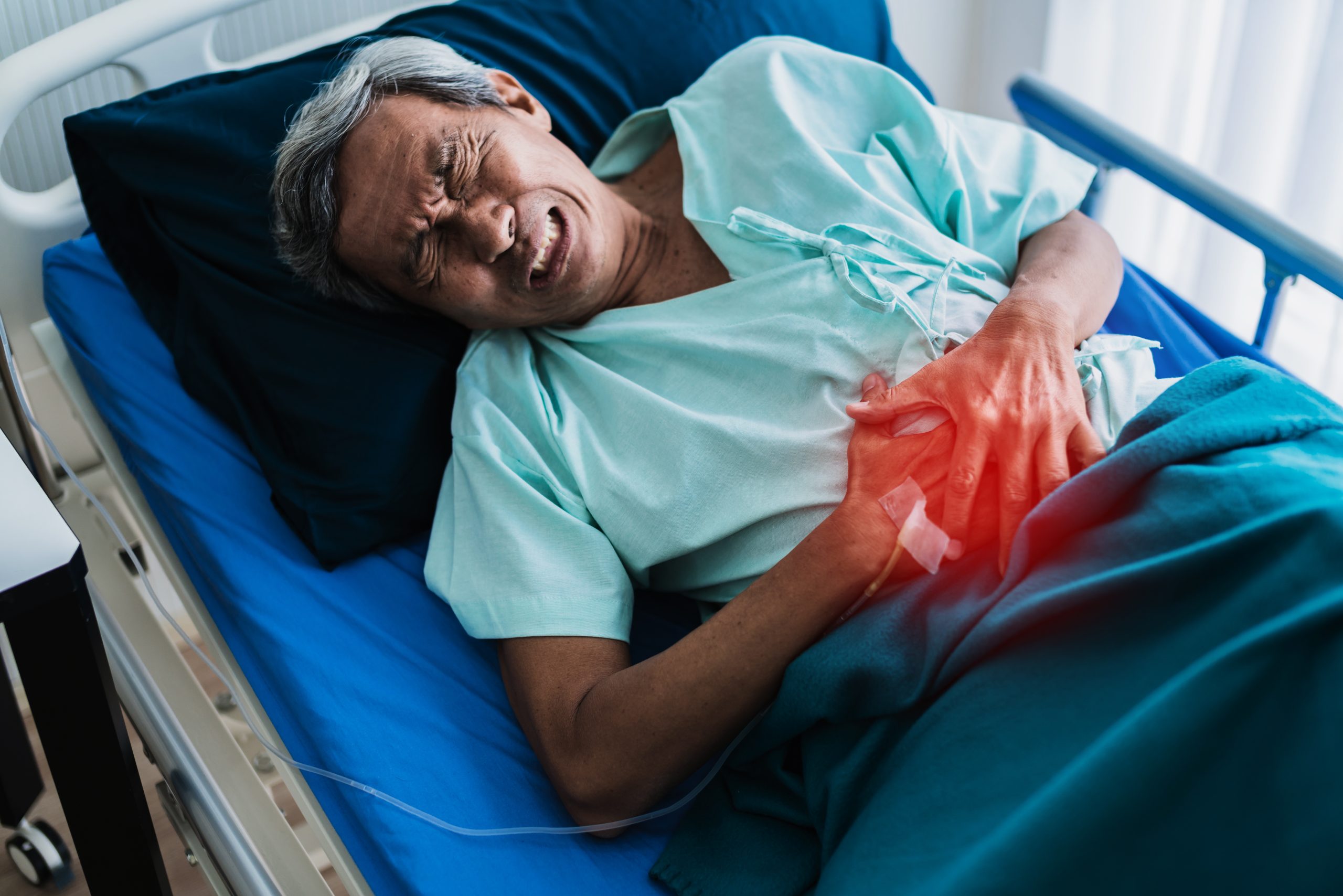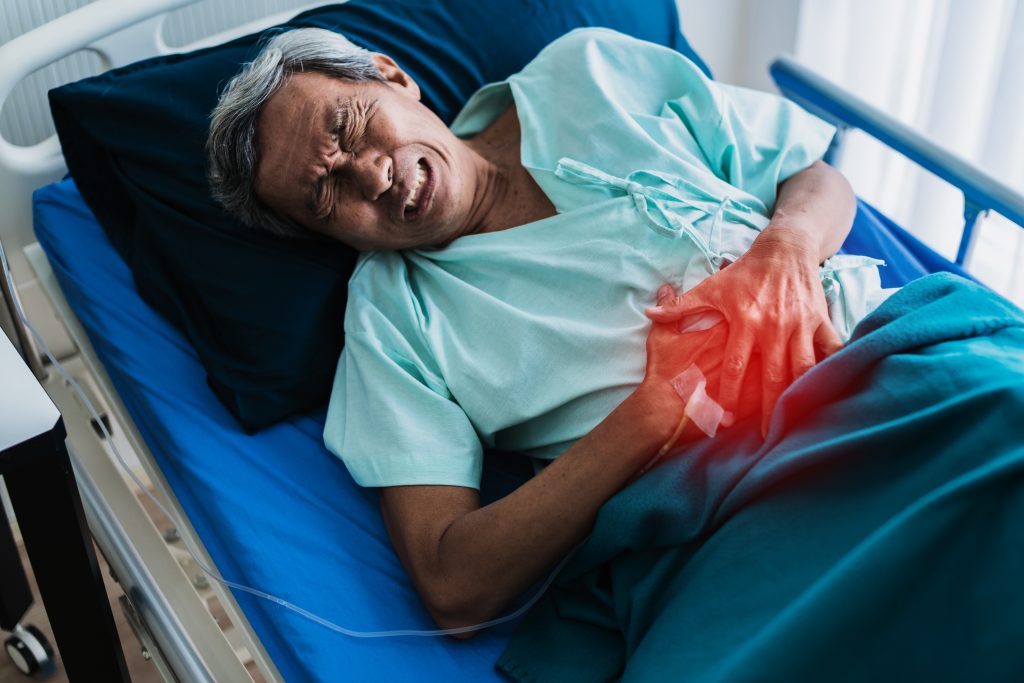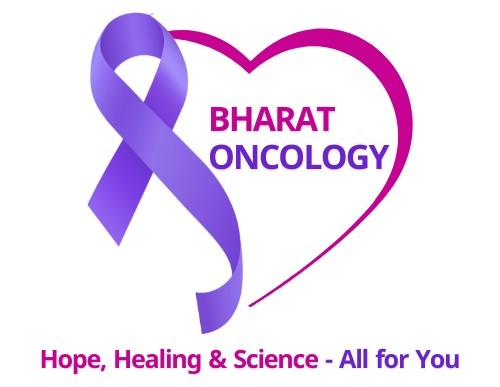Bharat Oncology: Affordable & Accessible Chemotherapy in India
Cancer Information
Add Your Heading Text Here

Breast cancer
Breast cancer is a significant health challenge, being the most commonly diagnosed cancer among women worldwide. It typically develops in the cells of the breast and can manifest as a lump or abnormal changes in breast tissue. Key risk factors include age, genetic predisposition, and hormonal influences. While men can also be affected, the incidence is much lower. Early detection through regular screenings, such as mammograms, is crucial for improving survival rates. Treatment options vary, including surgery, chemotherapy, and targeted therapies, allowing for personalized care based on the cancer type and stage.

Head & neck cancer
Lorem ipsum dolor sit amet, consectetur adipiscing elit. Ut elit tellus, luctus nec ullamcorper mattis, pulvinar dapibus leo.

Lung cancer
Lorem ipsum dolor sit amet, consectetur adipiscing elit. Ut elit tellus, luctus nec ullamcorper mattis, pulvinar dapibus leo.

blood cancer
Lorem ipsum dolor sit amet, consectetur adipiscing elit. Ut elit tellus, luctus nec ullamcorper mattis, pulvinar dapibus leo.

Cervical cancer
Lorem ipsum dolor sit amet, consectetur adipiscing elit. Ut elit tellus, luctus nec ullamcorper mattis, pulvinar dapibus leo.

Colon cancer
Lorem ipsum dolor sit amet, consectetur adipiscing elit. Ut elit tellus, luctus nec ullamcorper mattis, pulvinar dapibus leo.
Services
-
Diagnostic Services
-
Surgical Oncology
-
Pain management and Palliative Care
-
Counseling and support
-
Emergency care/ICU care
-
Other amenities
Breast cancer

Breast cancer is a significant health challenge, being the most commonly diagnosed cancer among women worldwide. It typically develops in the cells of the breast and can manifest as a lump or abnormal changes in breast tissue. Key risk factors include age, genetic predisposition, and hormonal influences. While men can also be affected, the incidence is much lower. Early detection through regular screenings, such as mammograms, is crucial for improving survival rates. Treatment options vary, including surgery, chemotherapy, and targeted therapies, allowing for personalized care based on the cancer type and stage.

Head & Neck Cancer

Head & Neck Cancer
Head and neck cancers arise in the tissues of the mouth, throat, and larynx, often linked to lifestyle factors such as tobacco use and heavy alcohol consumption. These cancers can present symptoms like persistent sore throat, difficulty swallowing, and unexplained lumps. Early diagnosis is essential for effective treatment, which may involve a combination of surgery, radiation, and chemotherapy. The incidence of head and neck cancers is rising, particularly due to the increasing prevalence of HPV-related cases. Public awareness about risk factors and the importance of early detection can significantly impact outcomes and survival rates.
Lung Cancer

Lung cancer is the leading cause of cancer deaths globally, primarily attributed to smoking, but non-smokers can also be affected. The disease may present with symptoms like a chronic cough, chest pain, and breathlessness. There are two main types: small cell and non-small cell lung cancer, with treatment options including surgery, chemotherapy, and targeted therapies based on the cancer type and stage. Early detection through imaging tests can significantly improve prognosis. Awareness campaigns emphasize the importance of smoking cessation and regular screenings for at-risk populations to combat this deadly disease.

Blood Cancer

Blood Cancer
Blood cancers, which include leukemia, lymphoma, and multiple myeloma, affect the blood, bone marrow, and lymphatic system. They arise from abnormal blood cell production and can lead to symptoms such as fatigue, frequent infections, and unexplained bruising. Risk factors vary, including genetic predispositions and environmental exposures. Advances in treatment have improved outcomes, with options ranging from chemotherapy and radiation to stem cell transplants and targeted therapies. Raising awareness about early symptoms and the importance of regular check-ups can enhance early detection, leading to more effective treatment and improved survival rates.
Cervical Cancer

Cervical cancer primarily affects women and is closely linked to persistent infection with high-risk strains of human papillomavirus (HPV). Regular Pap smears and HPV vaccinations are essential tools for prevention and early detection. Symptoms may not be noticeable until advanced stages, making regular screenings crucial. In 2025, it’s estimated that around 14,000 new cases will be diagnosed in the U.S. Treatment options include surgery, radiation, and chemotherapy, tailored to the cancer stage and individual patient needs. Increasing public awareness of HPV vaccination and screening guidelines is vital for reducing cervical cancer incidence and mortality.

Colon Cancer

Colon Cancer
Colon cancer, also known as colorectal cancer, originates in the colon or rectum and is one of the most common cancers in adults. It often begins as polyps, which can develop into cancer over time. Risk factors include age, family history, and lifestyle choices like diet and physical activity. Symptoms can include changes in bowel habits, unexplained weight loss, and abdominal discomfort. Regular screenings, such as colonoscopies, are crucial for early detection and improved outcomes. Treatment may involve surgery, chemotherapy, and targeted therapies, emphasizing the importance of awareness and proactive health measures for prevention.
